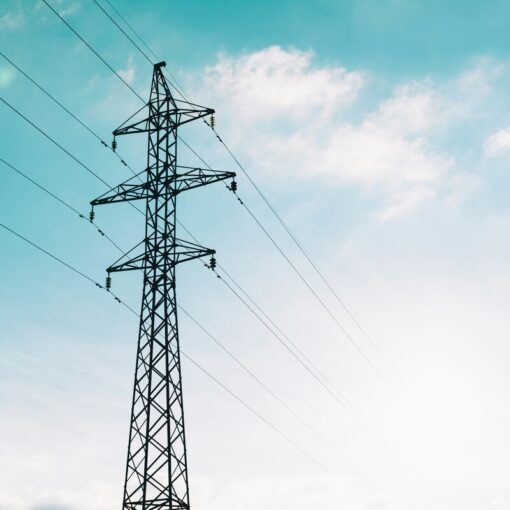By Hillary Aidun and Claire Hodges,

As Senior Fellow Amy Turner documented last year, a number of local governments around the country have moved to prohibit natural gas hookups in buildings. These prohibitions are part of cities’ broader effort to participate in the transition away from fossil fuels. However, some state governments have blocked those local measures, preventing municipalities from enacting natural gas bans. Legislators pushing proposals to preempt local gas restrictions often claim the mantle of defending consumers’ “energy choice.”
A story published this summer in E&E News revealed that the term “energy choice” was coined by a consortium of gas utilities that have put their heads together to develop talking points for legislators. And it has always been clear that “energy choice” is not the true motivation behind state preemption of natural gas bans. To see this, one need only look at other energy policies in the very states that have prohibited local restrictions on natural gas. Many of those states have also taken steps to block development of renewable energy—giving lie to the notion that pro-natural gas legislators are concerned about “energy choice.”
For example, in the past two years, Oklahoma, Alabama, Texas, Kentucky, and Kansas have adopted legislation preempting local natural gas bans. Those same states, however, have made it difficult or impossible for consumers to purchase electricity from renewable energy sources. In 2014, SB 1456 became law in Oklahoma, allowing utilities to charge higher rates to consumers generating electricity through small-scale solar panels or wind turbines. Alabama has one of the highest solar fees in the country, which was approved in 2020. Last year Kentucky enacted SB 100, which increased electricity rates for solar consumers. In July of this year, Texas Governor Greg Abbott directed the Public Service Commission to raise the price of electricity from renewable energy sources. Kansas had a law levying fees on solar consumers until the state supreme court declared it discriminatory last year. These measures to make renewable energy uneconomical all create a burden on consumers who would choose to receive their electricity from wind or solar energy sources.
Meanwhile, Ohio and Wyoming have recently adopted legislation prohibiting local governments from banning natural gas hookups and legislation aimed at sinking new renewable energy projects. Last year Wyoming enacted SF 36, which effectively gives local governments veto power over new large-scale wind and solar energy projects. Similarly, this summer Ohio enacted SB 52, which requires new wind or solar projects to receive approval from local counties in addition to the state siting board. In both states, fossil fuel projects do not need to clear the new regulatory hurdles, which are likely to block new renewable energy facilities.
These anti-renewable policies underscore that concern for “energy choice” is not the real impetus behind prohibitions on local gas bans—and, coupled with our research on local efforts to halt wind and solar energy projects, make painfully clear the need to actively support renewable energy in order to achieve an emission-free electricity grid.




